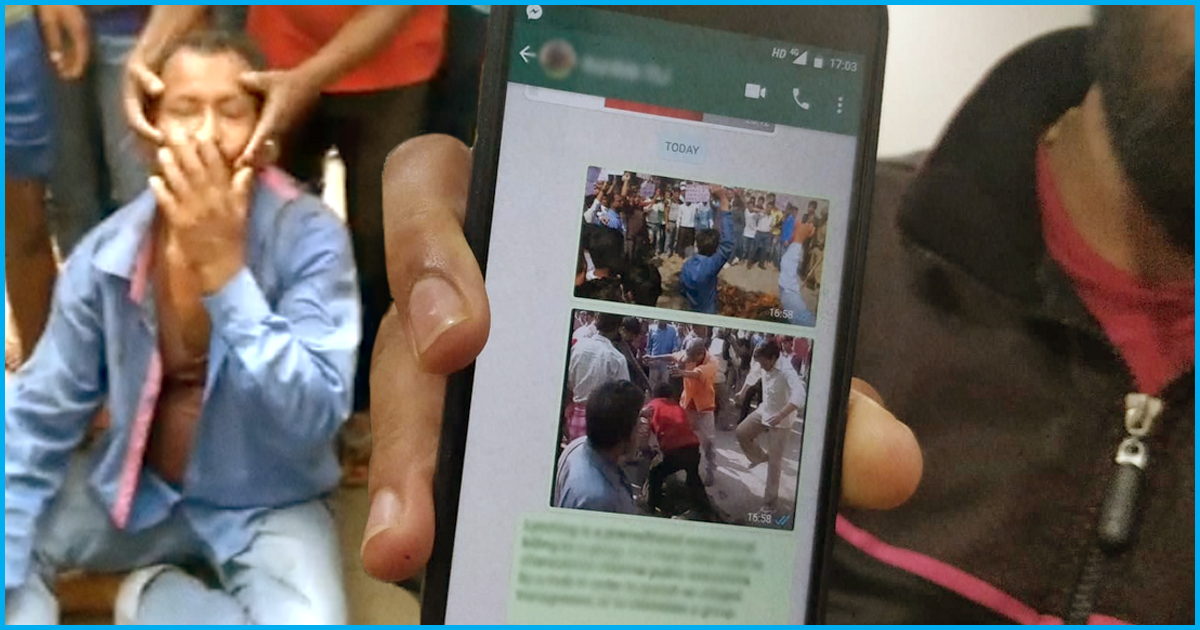A BBC research has revealed that the rising tide of nationalism in India is behind the spread of fake news. The research commissioned by the BBC World Service is a part of the larger campaign and series by the BBC on disinformation and fake news. The BBC launched the Beyond Fake News project on November 12. And the findings were drawn after observing the behaviour of those who consume and spread the fake news in India, Nigeria and Kenya.
The research points out that facts are less important than the emotional desire to bolster national identity to those who spread fake news and also that the right-wing network in the country is much more stronger and organised than the left wing, pushing nationalistic fake stories further. There was also an overlap of fake news sources on Twitter and support networks of Prime Minister Narendra Modi, the reports found.

BBC
News related to PM Modi dominated the conversation on WhatsApp followed by business, economy and Aadhaar. An interesting observation from the research is that the participants didn’t verify the news as they distrust media and also they were overly confident of themselves that they will realise that a particular piece is a fake news or not. As per the report, 29 lives were killed due to mob violence instigated by WhatsApp forwards.
Nilotpal and Abhijeet were two innocent men, lynched by a mob who believed they were child abductors.This is how…
Posted by BBC News on Monday, November 12, 2018
They also conducted an extensive analysis of how fake news spreads on Twitter and Facebook in India, to understand whether the spread of fake news was politically polarised.
About 16,000 Twitter accounts and 3,000 Facebook pages were analysed. The results showed a strong and coherent promotion of right-wing messages, while left-wing fake news networks were loosely organised, if at all, and less effective.
“Poor standards of global media literacy and the ease with which malicious content can spread unchecked on digital platforms mean there’s never been a greater need for trustworthy news providers to take proactive steps,” Jamie Angus, Director of the BBC World Service Group, said in a statement.












